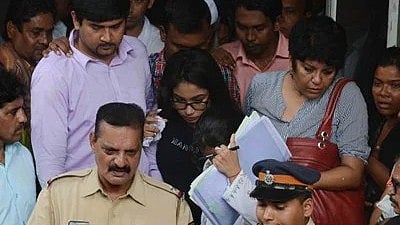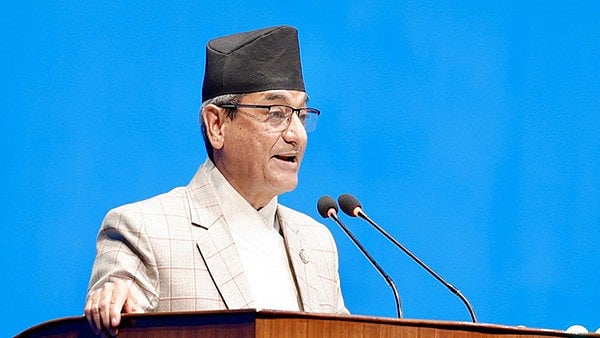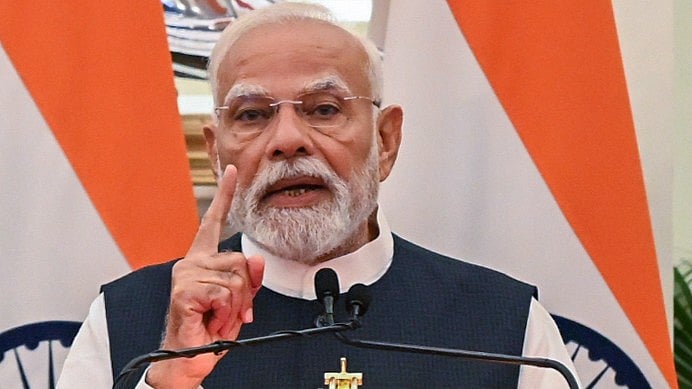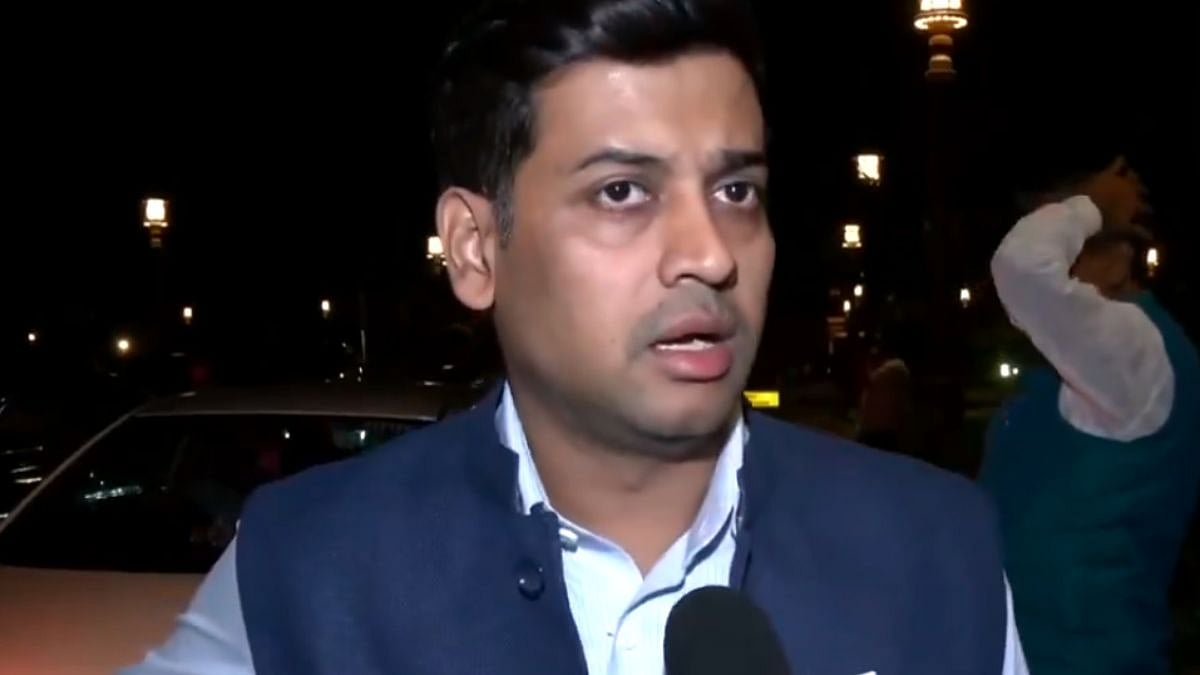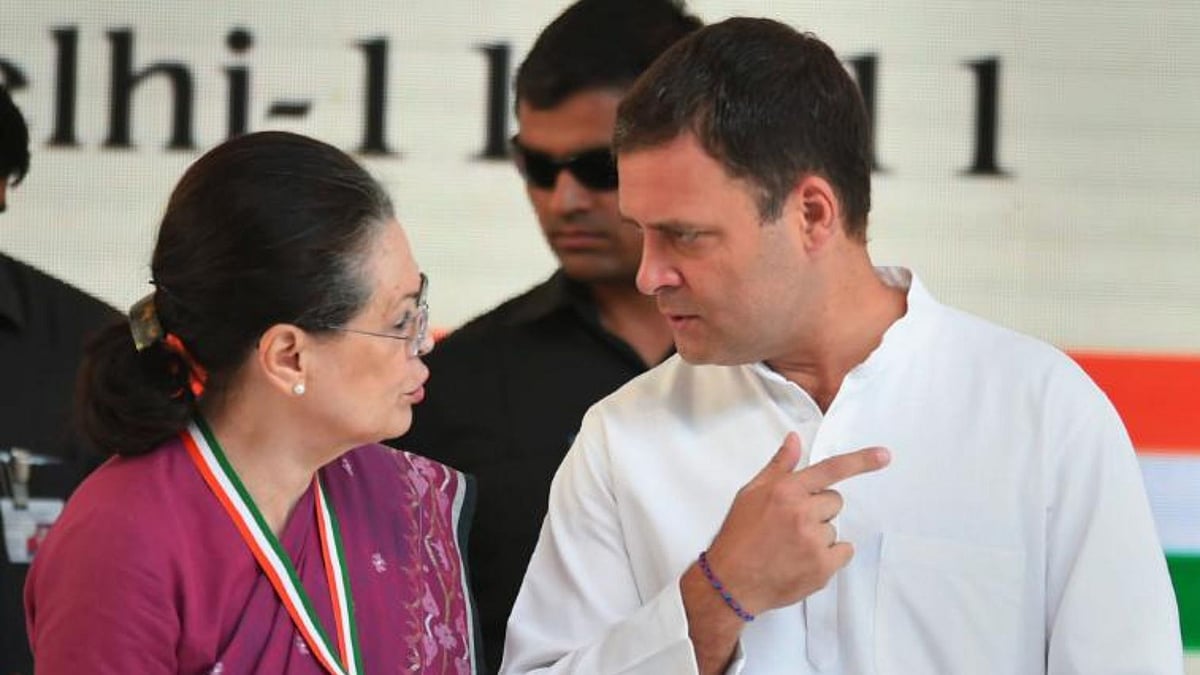New Delhi: The Supreme Court on Thursday described the British-era sedition law as "colonial" and asked whether it was "still necessary after 75 years of Independence". The law is a serious threat to the functioning of institutions and holds "enormous power" for misuse.
The court said it would examine the validity of the sedition law and asked the Centre to respond to a former army officer's petition that says the law causes a "chilling effect" on speech and is an unreasonable restriction on free expression, a fundamental right.
"The sedition law is a colonial law. Do we still need the law in our country after 75 years of Independence," Chief Justice NV Ramana questioned.
"The dispute is it is a colonial law, the very same law was used by the British to silence Gandhi."
The court said several petitions have challenged the sedition law and all will be heard together.
"Our concern is misuse of the law and no accountability of the executive," the Chief Justice added.
The Supreme Court called the law "a serious threat" to the functioning of institutions. "There is enormous power of misuse. We can compare it to the carpenter, instead of cutting wood, cutting the forest itself. That is the effect of this law," said Chief Justice Ramana.
He also said there was "minimal conviction or very low rate of conviction" in the history of the law.
The petitioner, Major-General (Retd) SG Vombatkere, argues that Section 124-A of the Indian Penal Code, which deals with the offence of sedition, is wholly unconstitutional and should be "unequivocally and unambiguously struck down".
The bench of Chief Justice Ramana, AS Bopanna and Hrishikesh Roy heard his petition, which also says any law criminalising expression based on unconstitutionally vague definitions of ''disaffection towards the government'' is an unreasonable restriction on the fundamental right to free expression.
The petition says there is need to take into account the "march of the times and the development of the law" before dealing with Section 124-A.
Earlier, a separate bench of the top court had asked the Centre to respond to a petition by two journalists challenging the sedition law.



